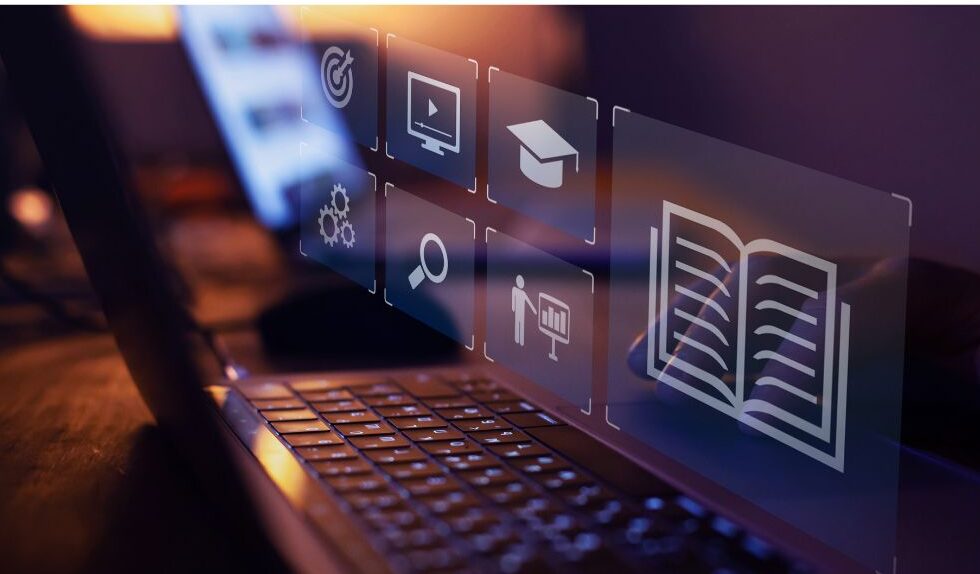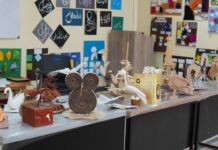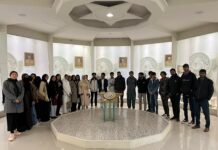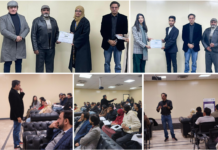- When you think of university education, the image that often comes to mind is a classroom filled with textbooks, long lectures, and heavy notes.
- University of Rawalpindi (UOR), a quiet transformation is underway. Learning here is no longer confined to paper and pen.
- It’s interactive, practical, personal, and shaped just as much by the students as it is by the curriculum.
This shift isn’t just a change in teaching styles it’s a whole new way of looking at education. Here’s how students at UOR are redefining what learning really means in today’s world.
Beyond the Syllabus: Learning That Connects to Real-Life
 What makes learning at UOR different is that students aren’t just memorizing content – they’re relating it to the world around them. Whether it’s a media student analyzing real-world news coverage or a psychology student discussing everyday behavior patterns, the learning process is tied to observation, discussion, and exploration.
What makes learning at UOR different is that students aren’t just memorizing content – they’re relating it to the world around them. Whether it’s a media student analyzing real-world news coverage or a psychology student discussing everyday behavior patterns, the learning process is tied to observation, discussion, and exploration.
Instead of preparing for exams alone, students are encouraged to think, question, and apply their understanding in everyday situations. This focus on real-world relevance makes learning more meaningful and long-lasting.
Practical Skills in the Spotlight
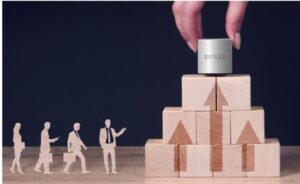 From accounting simulations to digital design labs, students across departments are working on real tasks that build their skills. A software engineering student isn’t just learning programming theory they’re actually writing and testing code in collaborative environments. Business students are creating pitch decks, running mock marketing campaigns, and understanding financial tools. The goal is to prepare students not just to pass, but to participate to be ready for workplaces, freelance platforms, and even entrepreneurship.
From accounting simulations to digital design labs, students across departments are working on real tasks that build their skills. A software engineering student isn’t just learning programming theory they’re actually writing and testing code in collaborative environments. Business students are creating pitch decks, running mock marketing campaigns, and understanding financial tools. The goal is to prepare students not just to pass, but to participate to be ready for workplaces, freelance platforms, and even entrepreneurship.
Peer Learning and Collaboration
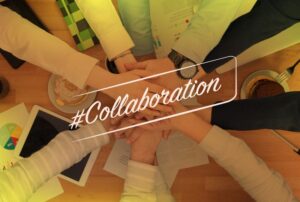 One of the most surprising shifts at UOR is how much students learn from one another. Collaborative assignments, group discussions, and peer feedback sessions have become an essential part of the academic experience.
One of the most surprising shifts at UOR is how much students learn from one another. Collaborative assignments, group discussions, and peer feedback sessions have become an essential part of the academic experience.
This isn’t accidental. With smaller class sizes and a fresh academic setup, students naturally build closer relationships. They exchange ideas, teach each other, and push one another to improve. Whether it’s coding help, art critique, or debating current affairs, learning here is no longer limited to lectures it’s lived out in friendships and shared experiences.
Classroom Conversations That Matter
 At UOR, students feel heard. Teachers listen to students’ perspectives, allowing room for discussions that go beyond the textbook. Many courses now include interactive sessions, student-led presentations, and open Q&As that spark curiosity and critical thinking. This culture of dialogue helps students find their voice. It also shows them that knowledge isn’t something that’s simply handed down it’s something that grows through questioning, debate, and reflection.
At UOR, students feel heard. Teachers listen to students’ perspectives, allowing room for discussions that go beyond the textbook. Many courses now include interactive sessions, student-led presentations, and open Q&As that spark curiosity and critical thinking. This culture of dialogue helps students find their voice. It also shows them that knowledge isn’t something that’s simply handed down it’s something that grows through questioning, debate, and reflection.
Have You Read
-
The importance of soft skills in today’s job market
-
The importance of interdisciplinary studies in higher education
-
Climate Change and Youth: The role of students in protecting the planet
Digital Tools as Learning Companions
 While UOR avoids the overuse of digital buzzwords, the reality is clear: students today naturally blend online and offline learning. Whether it’s using academic portals to manage assignments or watching tutorials to support their understanding, digital learning is part of the everyday rhythm.
While UOR avoids the overuse of digital buzzwords, the reality is clear: students today naturally blend online and offline learning. Whether it’s using academic portals to manage assignments or watching tutorials to support their understanding, digital learning is part of the everyday rhythm.
The computer labs, equipped with essential software and responsive guidance, are another place where theory turns into action. Students from design, business, and tech backgrounds use these tools to experiment, build, and create.
Personal Growth Through Academic Journeys
Learning at University of Rawalpindi is also about personal development. Students talk about how they’ve gained confidence, built discipline, and learned time management simply through the process of showing up, asking questions, and challenging themselves.
This growth doesn’t come with a grade but it’s just as valuable.
Learning Happens Everywhere
From group studies in the library to spontaneous discussions in the cafeteria, learning at UOR is not limited by classroom walls. Students are exploring new ideas in casual conversations, working on creative projects in shared spaces, and engaging with campus events that blend education with experience.
It’s this every day; informal learning that’s quietly reshaping what students expect from their university life.
Final Thoughts
University of Rawalpindi is still in its early days, but the way its students are engaging with education is already setting a new tone. It’s not just about books, notes, or exams it’s about understanding, building, sharing, and growing. Here, learning is not a one-way street. It’s a journey messy, dynamic, exciting, and deeply human.


